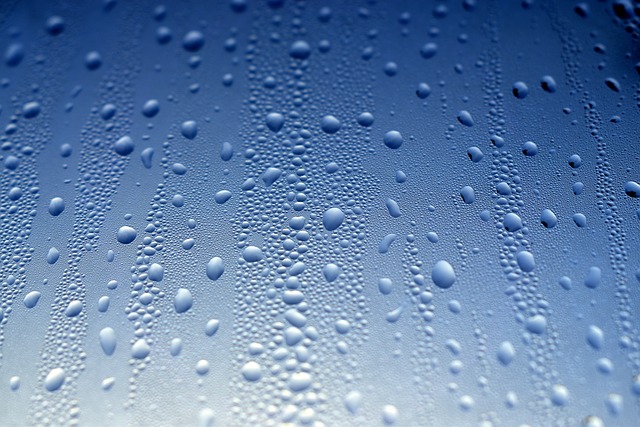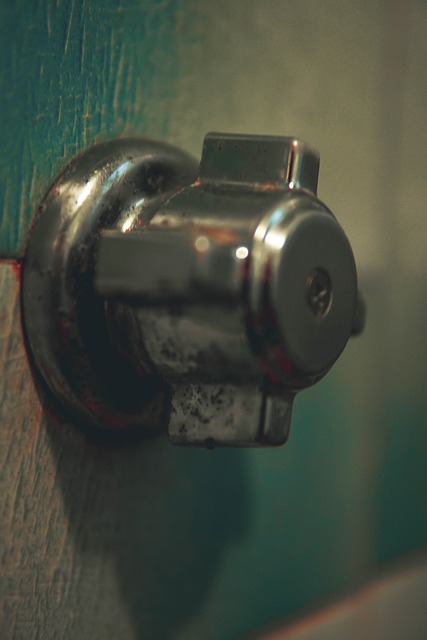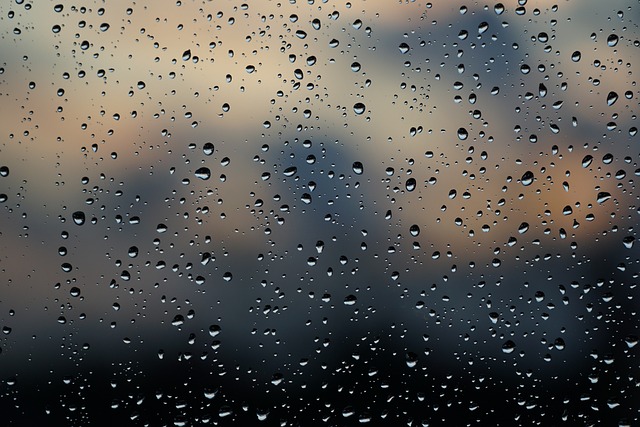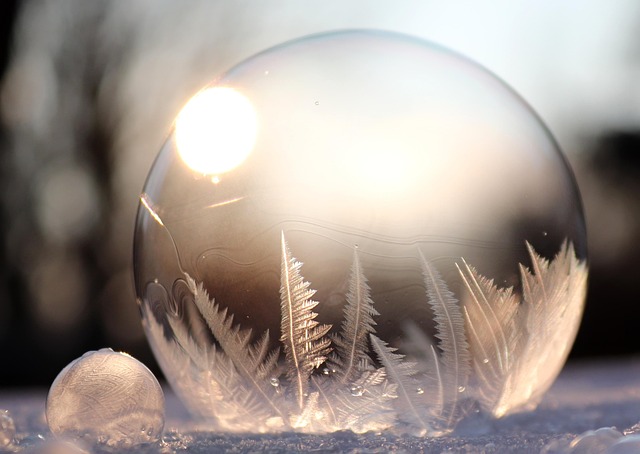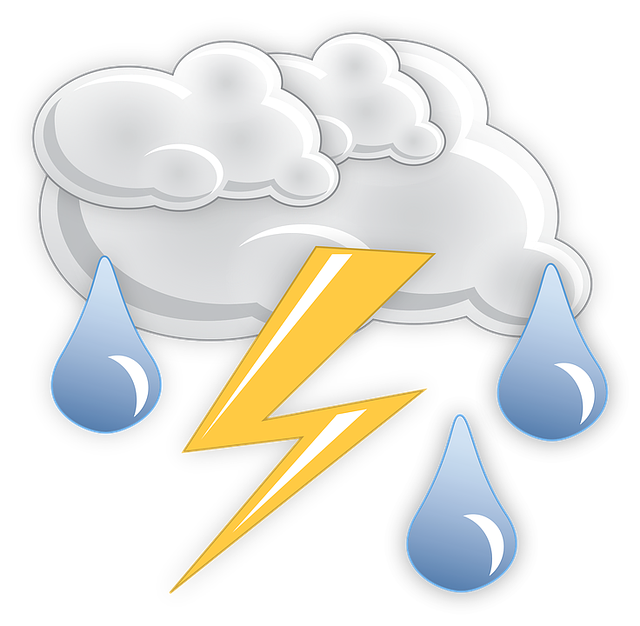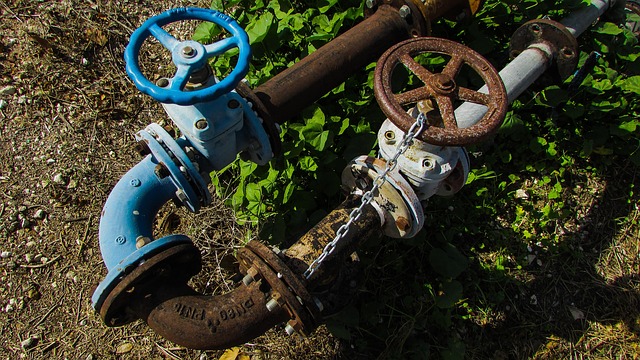Cold weather and heavy rainfall significantly impact plumbing systems through temperature fluctuations, pipe corrosion, and pressure-related damage. To mitigate these risks, seasonal maintenance is crucial, focusing on insulating exposed pipes, regular leak checks, proper drainage, and humidity control. By implementing these measures, homeowners can protect their plumbing from freezing, bursts, and corrosion, ensuring longevity and reliability throughout the year.
“Unpredictable seasons bring not only changes in scenery but also significant impacts on your home’s plumbing systems. From the biting cold of winter to the torrential rains of summer, these weather patterns can significantly affect piping integrity and longevity. This article delves into the science behind these seasonal effects, focusing on cold weather plumbing, heavy rainfall, temperature fluctuations, and humidity. We’ll explore how these factors contribute to pipe corrosion and share essential seasonal maintenance tips to help mitigate damage.”
- Understanding the Impact of Cold Weather on Plumbing Systems
- Heavy Rainfall and Its Effects on Pipe Integrity
- The Role of Temperature Fluctuations in Plumbing Longevity
- Seasonal Maintenance Tips to Mitigate Corrosion and Damage
Understanding the Impact of Cold Weather on Plumbing Systems
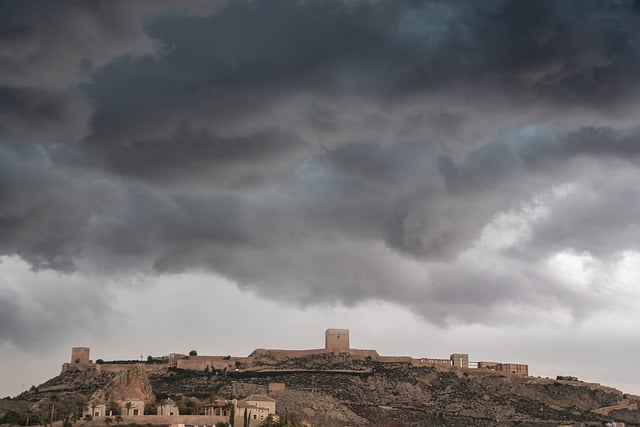
Cold weather can significantly impact plumbing systems, with temperature fluctuations leading to a range of issues that may reduce their longevity. When temperatures drop, water within pipes can freeze, causing them to expand and potentially burst. This is particularly problematic for exposed or inadequately insulated pipes, resulting in costly repairs and potential water damage. Moreover, the weight of frozen debris on top of pipes can also cause structural damage.
In addition to freezing, cold weather often brings heavy rainfall, which increases moisture levels in the air. Higher humidity can accelerate corrosion of metal pipes, while warm spells following cold snaps create a cycle of freezing and thawing that further weakens pipe structures. Regular seasonal maintenance is crucial to mitigate these effects, including insulating exposed pipes, checking for leaks, and ensuring proper drainage to prevent water accumulation.
Heavy Rainfall and Its Effects on Pipe Integrity
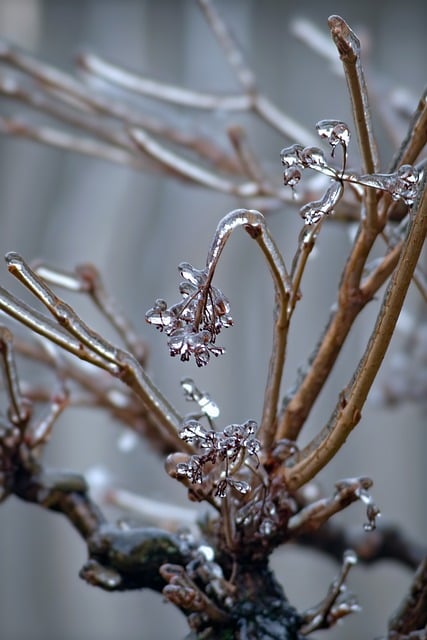
Heavy rainfall can have a significant impact on the integrity of plumbing systems, particularly in regions with variable weather patterns. When pipes are subjected to intense and frequent downpours, especially during colder months, several issues may arise. The water pressure exerted on pipes during heavy rain can cause bursts or leaks, especially in older or poorly maintained networks. This is further exacerbated by temperature fluctuations, as freezing temperatures during winter weakens pipes, making them more susceptible to damage when subjected to rapid thawing and the subsequent increase in water pressure.
Humidity levels also play a role in this scenario. After heavy rainfall, increased moisture content in the air can lead to pipe corrosion, particularly in metal pipes. This gradual erosion weakens the pipe’s structure, reducing its lifespan. Seasonal maintenance is crucial to mitigate these effects; regular inspections and updates to plumbing systems can help prevent damage caused by heavy rainfall and temperature swings, ensuring longer-lasting cold weather plumbing.
The Role of Temperature Fluctuations in Plumbing Longevity
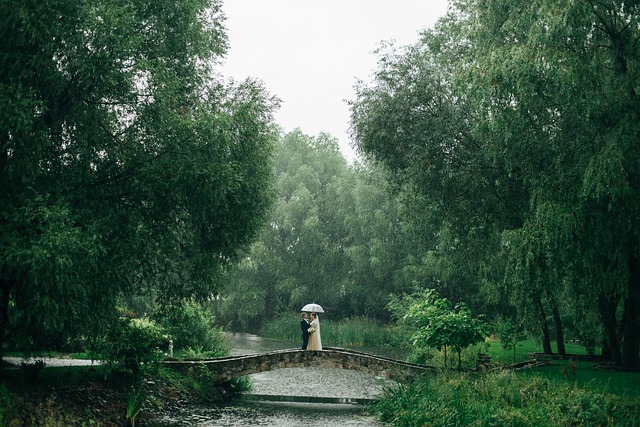
Plumbing systems face significant challenges due to seasonal weather patterns, particularly temperature fluctuations and varying precipitation levels. In cold weather, pipes are at risk of freezing, leading to potential bursts that can cause extensive damage. The alternating freeze-thaw cycles accelerate pipe corrosion, weakening the infrastructure over time. Moreover, heavy rainfall can exert substantial pressure on pipes, especially those not designed for high water pressure or installed improperly. This increased pressure can lead to leaks and, in severe cases, complete system failures.
Humidity levels also play a critical role, as elevated moisture content in the air contributes to pipe corrosion and rusting. Seasonal maintenance is essential to mitigate these effects; regular inspections and insulation of pipes in colder regions can prevent freezing and associated damage. Additionally, addressing leaks promptly and ensuring proper drainage systems help reduce the impact of heavy rainfall on plumbing longevity.
Seasonal Maintenance Tips to Mitigate Corrosion and Damage
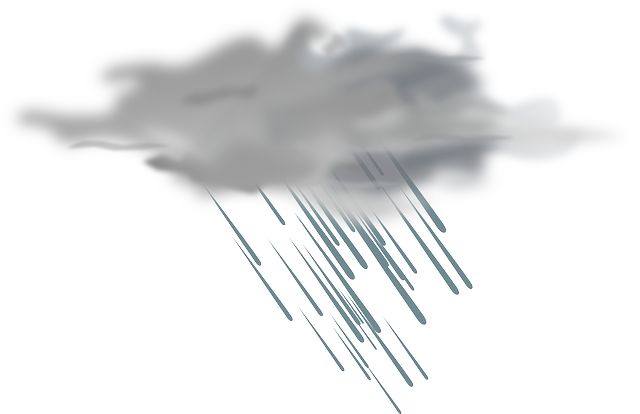
In regions with significant temperature fluctuations and heavy rainfall, ?cold weather plumbing can be a serious concern. During colder months, pipes are at risk of freezing, expanding, and bursting, causing not only damage to your home’s plumbing system but also leading to costly repairs. To mitigate this, seasonal maintenance is crucial. Regularly checking for leaks and ensuring proper insulation can prevent water from freezing inside the pipes. Additionally, draining water from irrigation systems, outdoor faucets, and other exposed areas can reduce the risk of pipe corrosion caused by prolonged moisture exposure.
For areas prone to heavy rainfall, managing humidity levels around pipes is essential. Excessive moisture can accelerate corrosion and damage, especially in older plumbing systems. Implementing measures such as improving ventilation in crawl spaces and basements, using dehumidifiers, and sealing any leaks or crevices where water can pool can help control humidity. Seasonal maintenance tips like these not only extend the lifespan of your plumbing but also prevent disruptions to your daily routines caused by weather-related issues.

